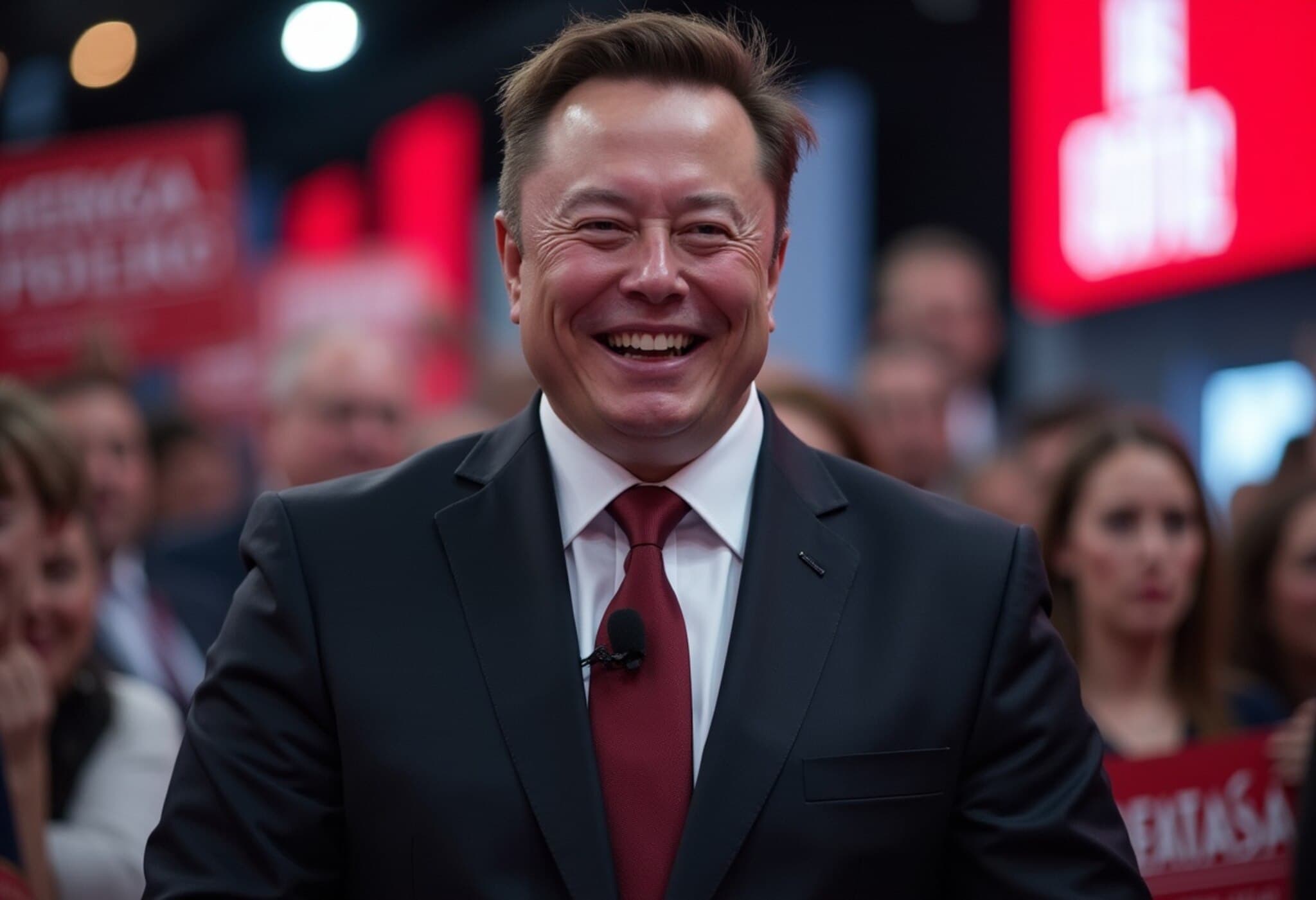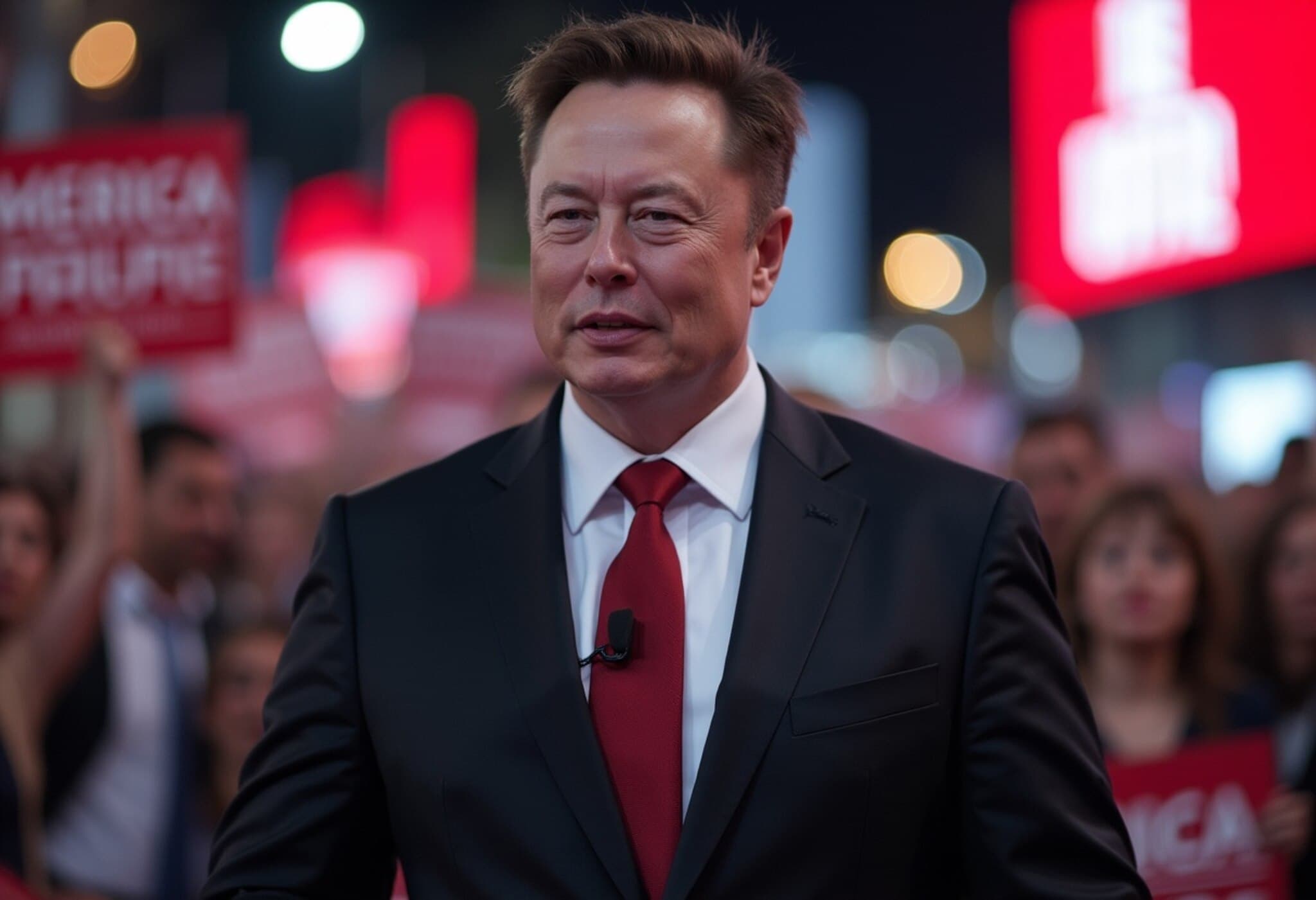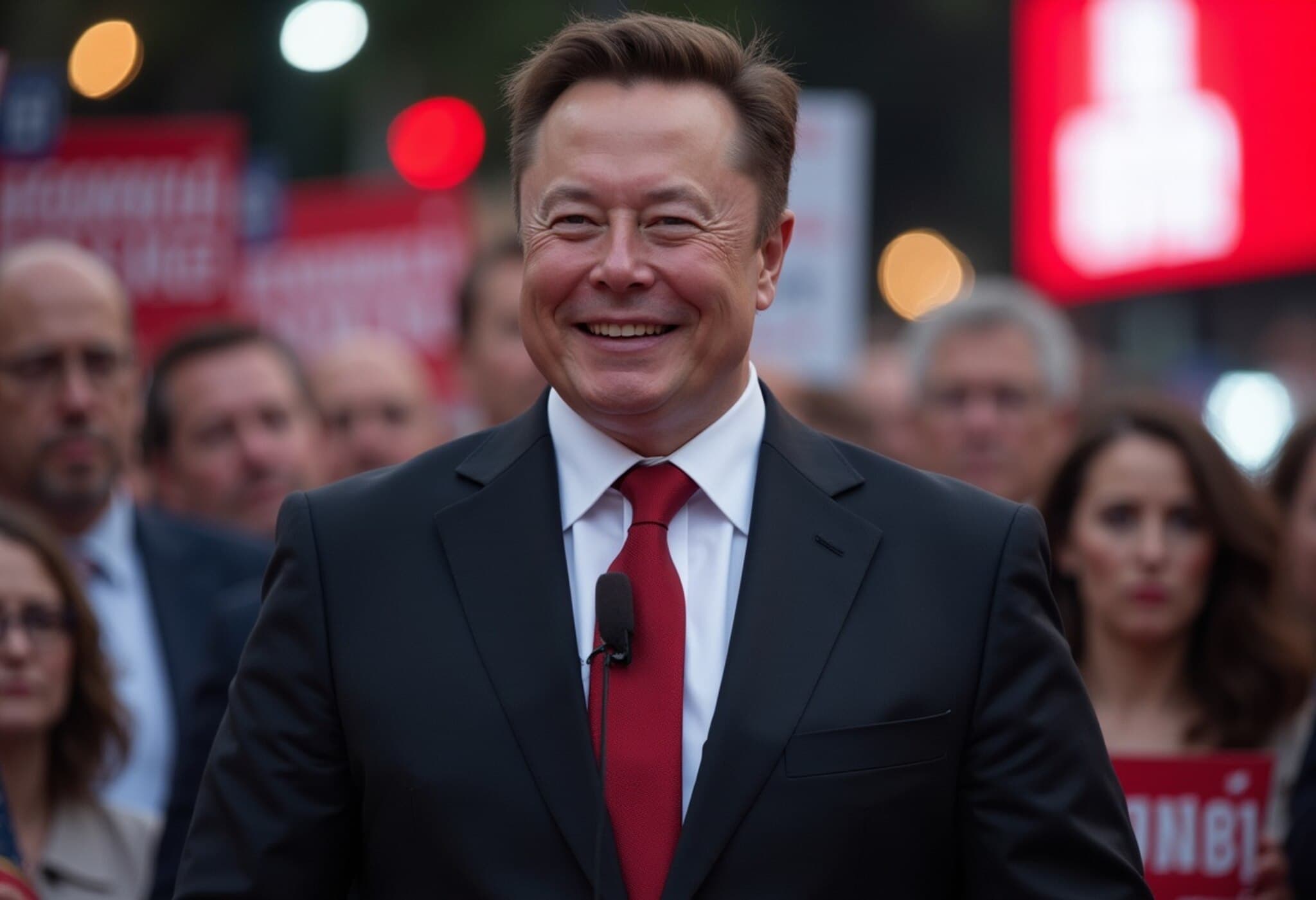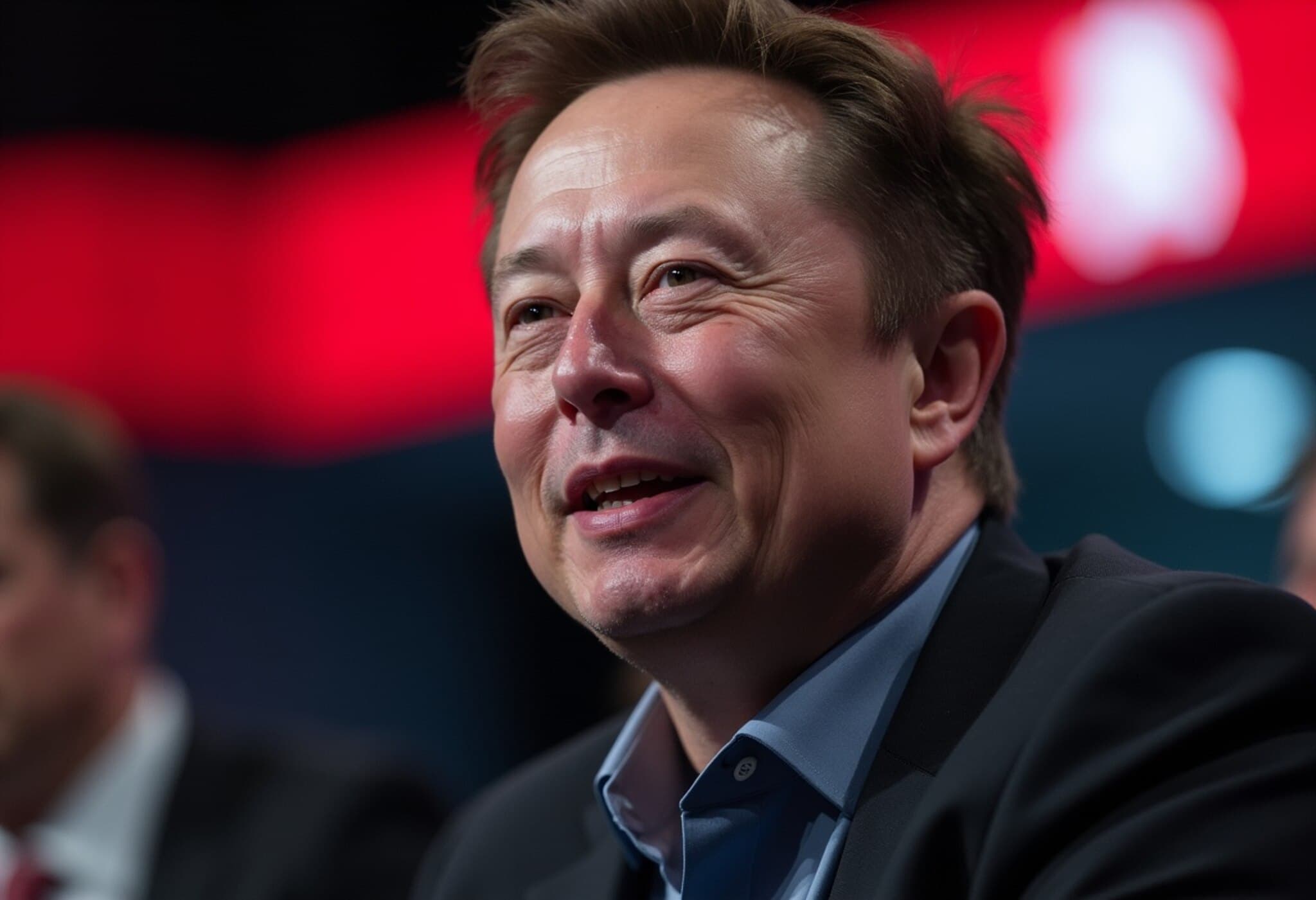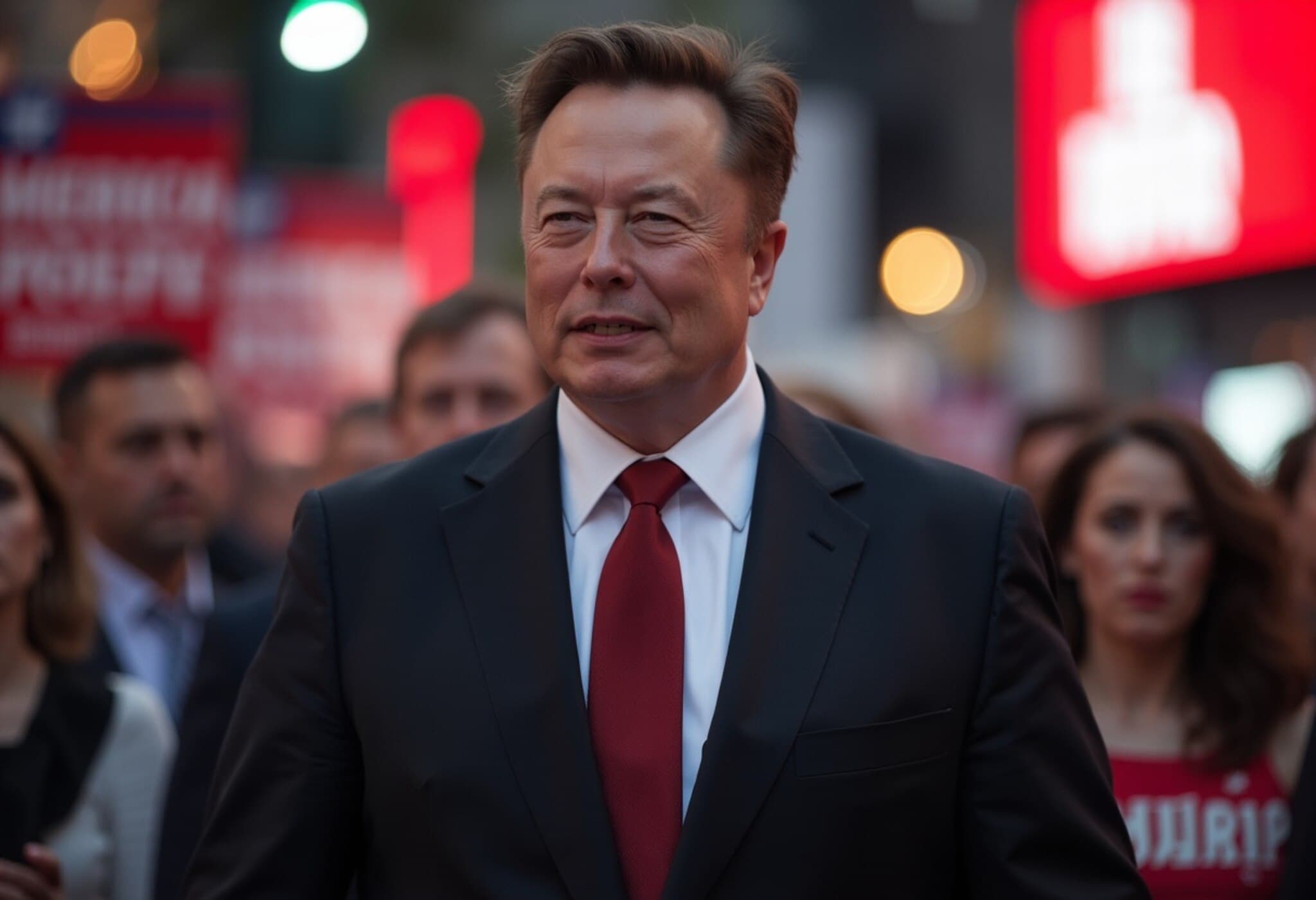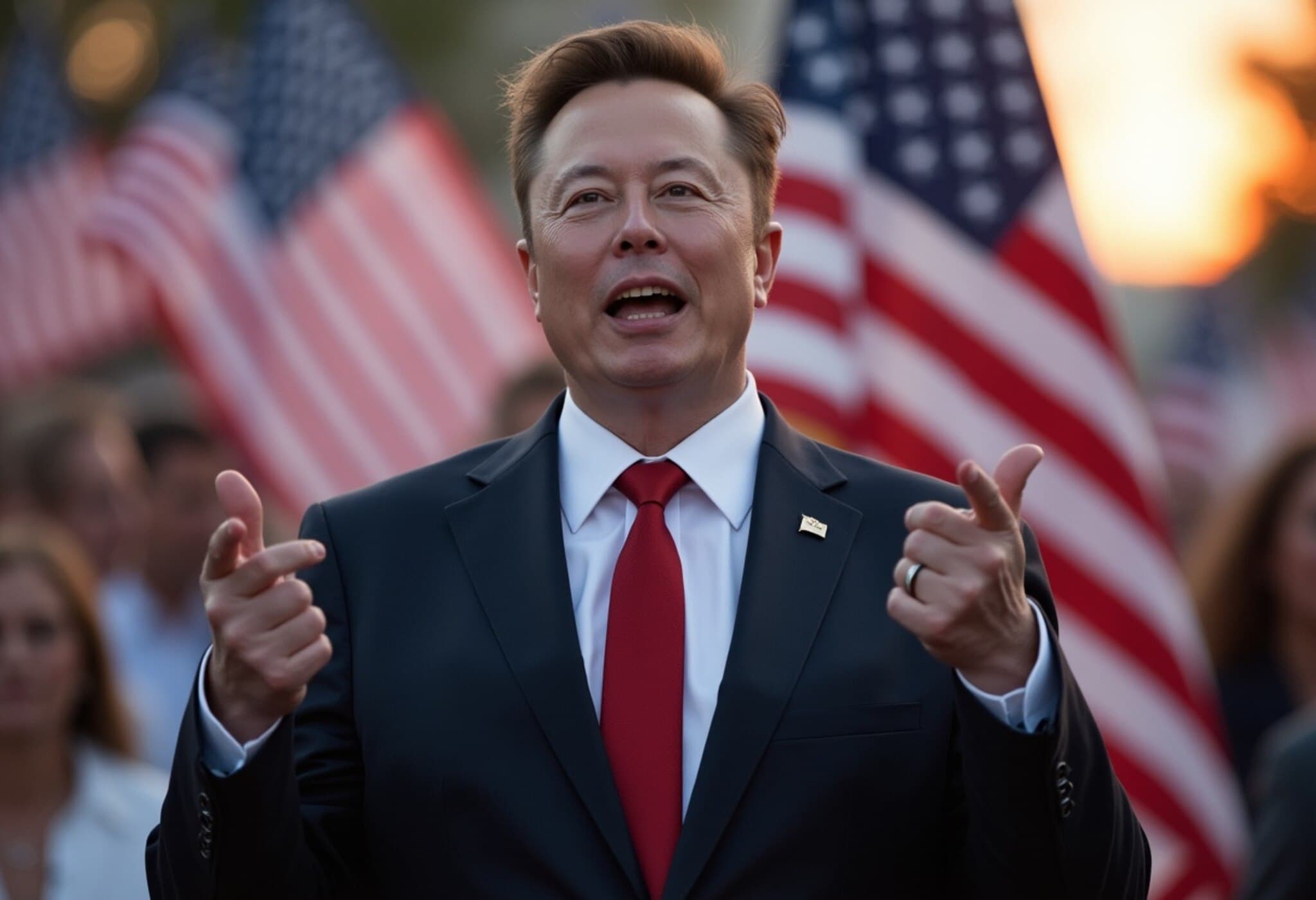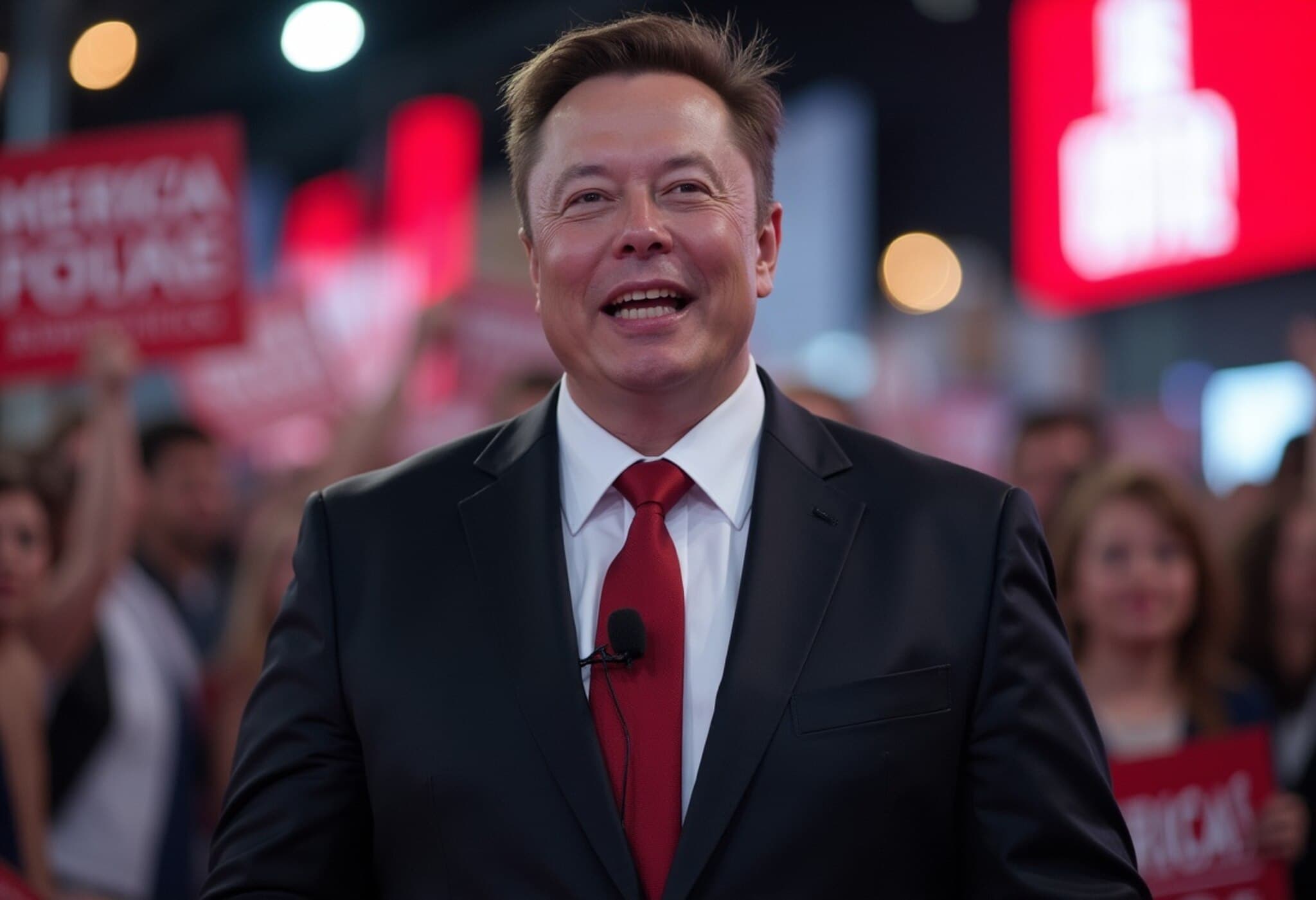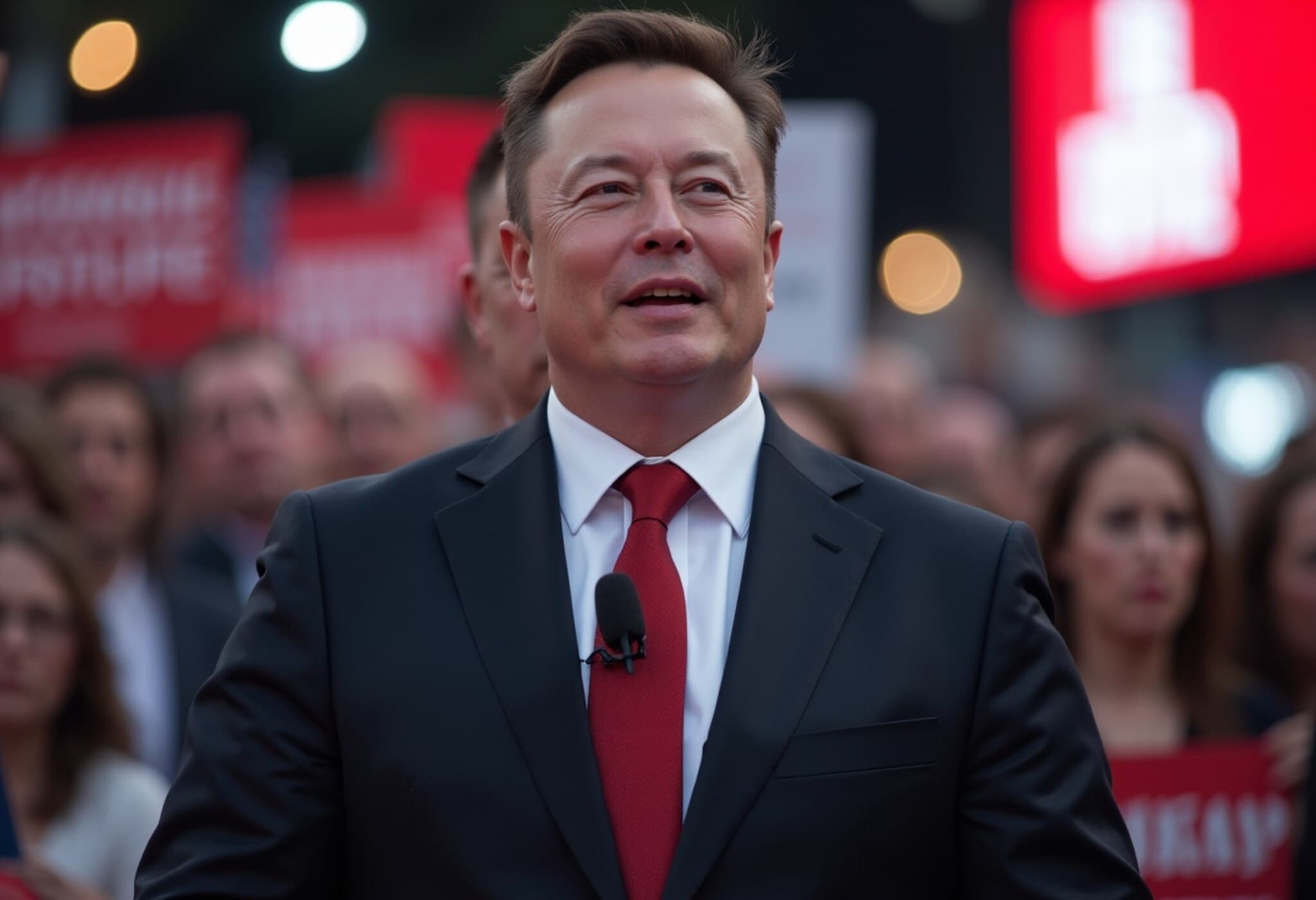Scott Kupor Takes Helm at Office of Personnel Management
In a critical period of transformation for the federal workforce, Scott Kupor, recently appointed as the head of the Office of Personnel Management (OPM), has stepped into the spotlight. A former venture capitalist with Andreessen Horowitz, Kupor assumes leadership amidst turbulent reforms initiated under former advisor Elon Musk’s purview.
Clarifying Relationship With Elon Musk
Operational Efficiency Remains a Priority
Despite distancing himself from Musk’s approach, Kupor affirmed his commitment to continuing the drive toward streamlining government functions. “What DOGE did was catalyze the start of a process,” Kupor told the Financial Times. “Now, we have to actually institutionalize those things and pursue operational efficiency.” His remarks signal a shift from Musk’s more unorthodox methods towards formalizing reforms within the existing bureaucratic framework.
Disagreements Over Methods and Scale
Sources familiar with DOGE’s earlier tenure reveal Kupor’s reservations about Musk’s management style, particularly the use of strict reporting on civil servant productivity and the scale of workforce reductions. Kupor suggested that while efficiency is non-negotiable, the process must align tightly with the president's agenda and maintain federal operations’ stability.
He emphasized, “My job is to do the agenda that the president lays out to the best I can. But I’m not going to do it consistent with someone else’s objectives that are inconsistent with what the president wants to do.”
Context: Reform Amid Workforce Turbulence
Musk’s tenure spearheaded dramatic personnel cuts, aligning with President Trump’s campaign promises to reduce government size and enhance efficiency. However, internal clashes—including disputes over Trump’s ‘Big, Beautiful Bill’—led to Musk’s departure from the administration’s efficiency unit earlier this year.
Kupor now faces the challenge of balancing painful workforce reforms with the need to sustain effective governance. Experts note that institutionalizing change requires not only policy shifts but also cultural acceptance within the federal civil service.
What Lies Ahead for U.S. Federal Workforce Reform?
- Balancing Efficiency and Morale: As cuts continue, maintaining civil servant engagement will be crucial to avoid a detrimental impact on government service delivery.
- Scaling Reforms Systematically: Kupor’s commitment to institutionalizing changes implies a more methodical, less volatile approach than previous shock-and-awe tactics.
- Political Dynamics at Play: Navigating the administration’s priorities while sidelining external influences marks a delicate path ahead for Kupor.
Expert Insight: Navigating Federal Reform
From a policy perspective, Kupor’s background in venture capital hints at a data-driven, efficiency-focused approach, potentially bringing private-sector innovation to federal HR policies. Yet, the civil service’s complex labor protections and bureaucratic inertia require nuanced strategies beyond typical market-led models.
Moreover, Kupor’s distancing from Elon Musk might be strategic, signaling a pivot from Musk’s controversial management style toward more collaborative governance, possibly winning back trust among federal employees demoralized by abrupt changes.
Conclusion
Scott Kupor’s appointment marks a significant moment in the ongoing evolution of the U.S. federal government's human resources landscape. While committed to enhancing operational efficiency, his approach appears calibrated to respect presidential directives and to formalize reforms without alienating critical government personnel. How this balance unfolds will set the tone for federal workforce management in the coming years, with implications for policy delivery and public trust.
Editor’s Note
As the federal government continues to wrestle with efficiency and downsizing, Kupor’s leadership could redefine civil service reform in a way that respects both political objectives and employee welfare. Readers should consider: Can institutionalizing efficiency override the challenges posed by workforce morale and bureaucratic resistance? Moreover, what lessons can be drawn from Musk’s brief and tumultuous tenure to guide future reforms? Stay tuned as we track these pivotal developments.










